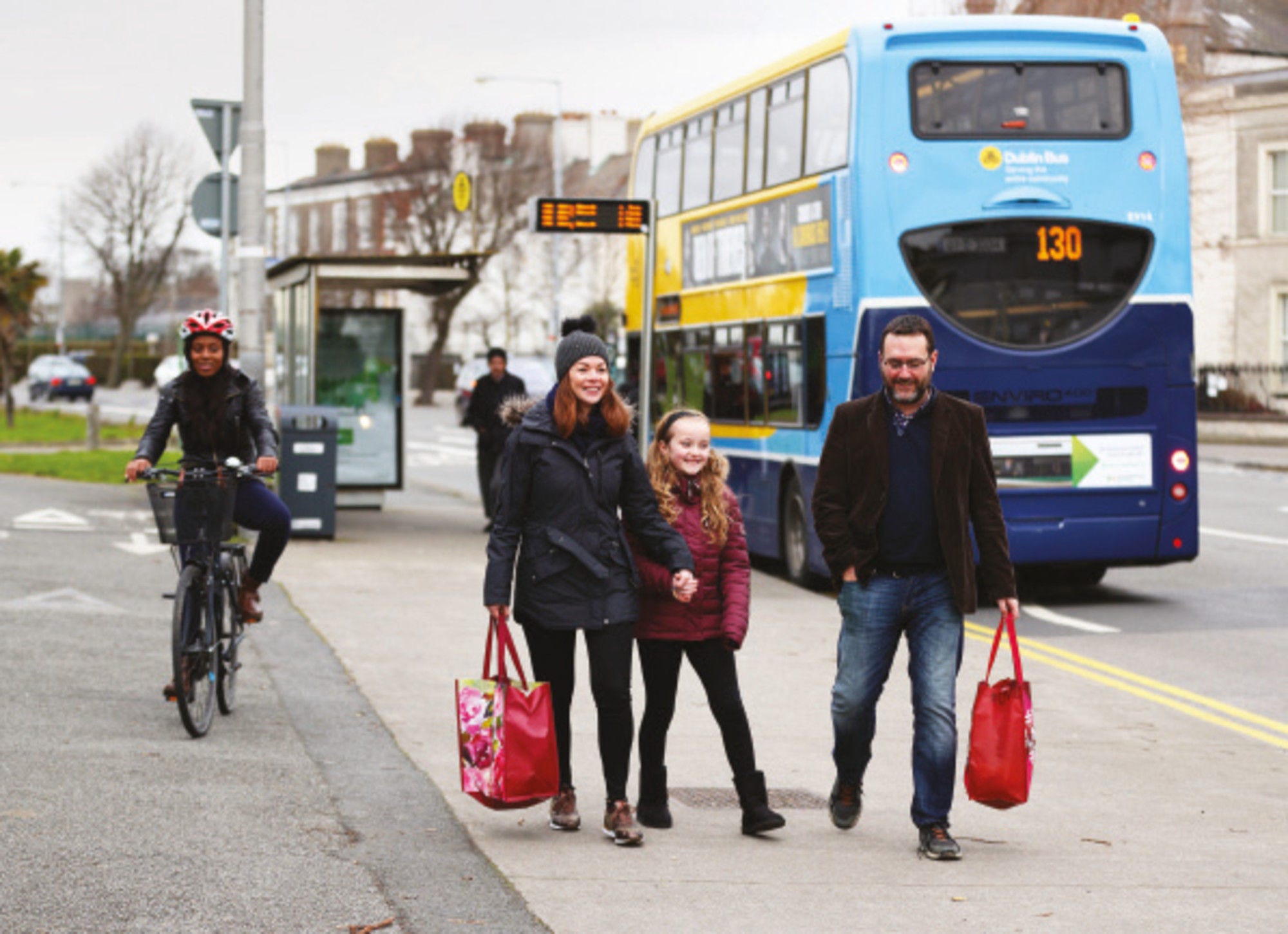Ireland plans to achieve an economy-wide 51% greenhouse gas emission reduction by 2030 (relative to 2018 levels), for which the transport sector is required to reduce its emissions by 50% by 2030. With three out of four citizens (on average) opting to travel by car on a daily basis, current mobility patterns in Ireland are incompatible with the country’s greenhouse gas reduction targets.
Ireland has an opportunity to increase the pace of emission reductions in the transport sector while improving well-being. To unleash this opportunity, Irish efforts and attention need to prioritise policies with the transformative potential to shift the country’s transport systems away from car dependency.
This report assesses implemented and planned Irish policy efforts to reduce emissions in the transport sector. It identifies the transformative policies that could help the country redesign its passenger surface transport system (transport system, hereafter) to meet its climate goals for the sector.
The analysis is guided by the OECD “Systems Innovation for Net Zero” process. The process is designed to help policy makers take a systemic approach for identifying policies with high transformative potential, via three steps:
1. envision the goal(s) and the patterns of behaviours a properly functioning system fosters, and challenge ingrained mental models underlying poorly functioning systems;
2. understand why the current system is not achieving envisioned goals and patterns of behaviour, and determine whether implemented and planned policies have the potential to redesign the system;
3. prioritise and scale up the policies which can redesign systems to foster desirable patterns of behaviour.
